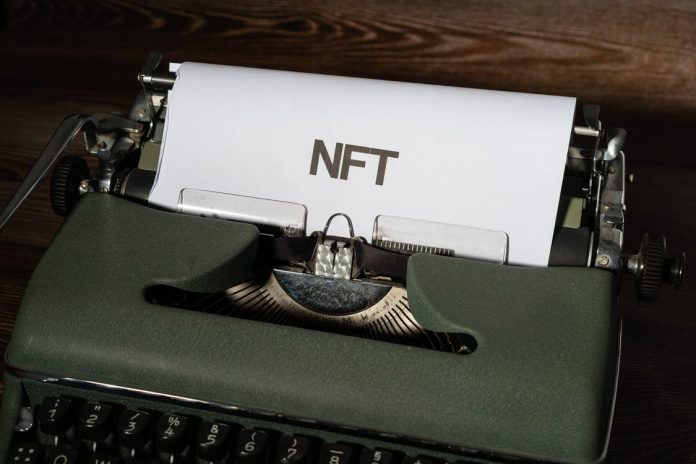Cryptocurrencies are all the rage right now, and with good reason! They offer a new way to conduct transactions that is faster, more secure, and more private than traditional methods. However, one thing to be aware of when trading in cryptocurrencies is the risk of scams. In this blog post, we will discuss some tips to avoid NFT scams and keep your money safe.
What is an NFT?
NFTs, or non-fungible tokens, are a type of cryptocurrency that represents a unique asset. This could be anything from digital artwork to a virtual world in which you own property. NFTs are stored on a blockchain, which is a decentralized ledger that records all transactions.
Why are NFTs susceptible to scams?
Since NFTs are still relatively new and not well understood by the general public, they are often used by scammers to take advantage of unsuspecting victims. These scams can take many forms, such as promising investors returns that are too good to be true, selling fake NFTs, or even hacking into wallets and stealing funds.
How do NFT scams work?
NFT scams usually work by promising investors a high return on their investment, but then failing to deliver on that promise. The scammers will often create fake websites and social media accounts to promote their scheme, and they may even use celebrity endorsements to lure people in. Once people have invested their money, the scammers will disappear, leaving their victims out of pocket.
Type of NFT scams
Ponzi scheme: A type of investment scam that promises high returns but instead uses funds from new investors to pay existing investors.
Pyramid scheme: A type of investment scam that recruits members and requires them to invest money in order to make a profit.
Fake NFTs: Scammers will create fake NFTs and then sell them to unsuspecting victims.
Hacking: Scammers may hack into wallets and steal funds from investors.
So how can you avoid being scammed?
Here are some tips for safe trading:
- Do your research: Before investing in any NFT project, make sure you do your research and understand what you’re investing in. Be wary of any project that seems too good to be true, and be sure to check out reviews from other investors before putting your money down.
- Don’t be afraid to ask questions: If you have any doubts about an NFT project, don’t be afraid to reach out to the team behind it and ask questions. A legitimate project will be happy to answer your queries and address any concerns you may have.
- Beware of celebrity endorsements: Just because a celebrity is promoting an NFT project doesn’t mean that it’s automatically legitimate. Do your research and make sure that the celebrity in question is actually involved with the project before investing.
- Keep your private keys safe: One of the most important things to remember when trading in cryptocurrencies is to keep your private keys safe. If you lose access to your private keys, you could lose all of your investment. So make sure you keep them stored in a secure place, and don’t share them with anyone.
Benefits of NFT and blockchain technology
Despite the risks, there are many benefits to trading in NFTs. For one, they offer a more secure and private way to conduct transactions. Additionally, the decentralized nature of the blockchain means that there is no single point of failure, which makes it less susceptible to hacking. Finally, NFTs can be used to represent a wide variety of assets, from digital artwork to virtual property.
Blockchain technology is still in its early stages, and there is a lot of potential for it to grow and change the way we conduct transactions. So if you’re thinking about investing in NFTs, make sure you do your research and take steps to avoid being scammed. But don’t forget to also consider the many benefits that this new technology has to offer.
Conclusion
Following these tips should help you avoid being scammed when trading in NFTs. However, if you do find yourself the victim of a scam, there are some steps you can take to recover your money. First, you should contact the team behind the project and let them know what happened. They may be able to help you get your money back. You can also report the scam to law enforcement or the SEC. Finally, you can reach out to other investors who have been scammed and see if they are willing to join forces with you to try and get your money back.
Other Technical Reviews:- Reviews












